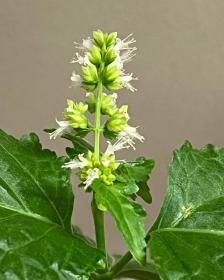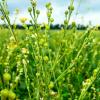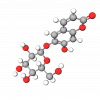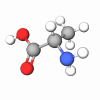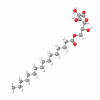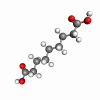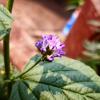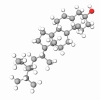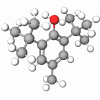Patchouli (Pogostemon Cablin) oil is a strong, exotic, earthy scent with just a touch of spice. This fragrant herb, with soft, opposite, egg-shaped leaves and square stems, grows from 2 to 3 feet in height, giving out the peculiar, characteristic odor of patchouli when rubbed.
Its whitish flowers, tinged with purple, grow in both auxiliary and terminal spikes. The crop is cut two or three times a year, the leaves being dried and packed in bales and exported for distillation of the oil.
Patchouli oil is used in coarser perfumes and in “White Rose” and “Oriental” toilet soaps. Pogostemon Cablin essential oil has properties of antidepressant, anti-inflammatory, anti-emetic, antimicrobial, antiphlogistic, antiseptic, antitoxic, antiviral, aphrodisiac, astringent, bactericidal, carminative, deodorant, digestive, diuretic, febrifuge, fungicidal, nerving, prophylactic, stimulant (nervous), stomachic, and tonic.
Historically, patchouly oil has been used in the East generally to scent linen and cloths, and it is believed to help prevent the spread of disease. Its use sometimes is said to cause loss of appetite and sleep and nervous attacks. The Chinese, Japanese, and Arabs believe it to possess prophylactic properties.Pogostemon Cablin is frequently incorporated in skin and hair care applications, in soaps and perfumes as a fixative. Patchouli oil is extensively used in the food industry, alcoholic and soft drinks as a flavoring agent.
Patchouli oil blends well with sandalwood, jasmine, labdanum, vetiver, sandalwood, cedarwood, oakmoss, rose, orange blossom, bergamot, cassia, myrrh, opopanax, clary sage, oriental-type bases. It is generally a safe ingredient, non-toxic, non-irritant, and non-sensitizing.
